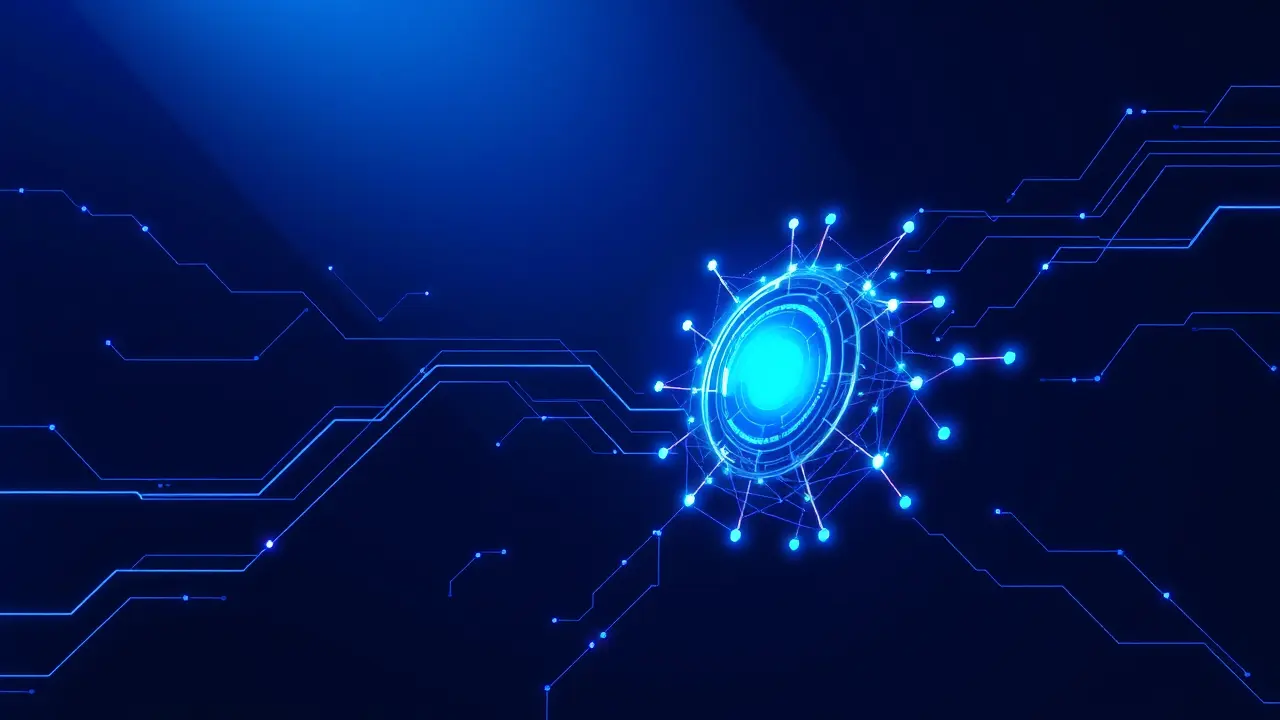
AIai safety & ethicsAI Impact on Jobs
Will AI Replace Traditional Corporate Structures?
MI
Michael Ross
3 days ago7 min read
For centuries, the corporate entity has served as the fundamental organizing principle of economic life, a rigid architecture of hierarchy and routine meticulously designed to translate human labor into measurable value. This institutional framework, the very bedrock of modern capitalism, now faces its most profound existential challenge not from market forces or regulatory shifts, but from the rise of agentic AI—systems capable of independent coordination, strategic decision-making, and the core managerial functions that have long been the exclusive domain of human executives.The transition is already underway in nascent forms; we see algorithmic managers optimizing logistics networks with superhuman efficiency, AI 'supervisors' dynamically allocating tasks in gig economies, and autonomous negotiation agents closing deals. This isn't merely automation of manual tasks, which was the first wave of technological disruption, but the automation of management itself—the cognitive layer that directs the organization.The implications are staggering, forcing us to re-examine foundational concepts from Ronald Coase's theory of the firm, which posited that companies exist to minimize transaction costs, a rationale that may become obsolete when AI can instantaneously and cheaply coordinate complex transactions across a decentralized network of contractors. Proponents, like certain Silicon Valley futurists, envision a post-corporate world of 'DAO-like' structures—decentralized autonomous organizations—where fluid, project-based teams form and dissolve under the guidance of impartial AI coordinators, potentially increasing agility and reducing bureaucratic bloat.Yet, this techno-utopian vision is fraught with peril. The ethical and policy dilemmas are immense: who is liable when an AI manager makes a catastrophic strategic error that leads to massive layoffs or a market crash? How do we encode human values like fairness, empathy, and long-term societal health into the cold calculus of a profit-maximizing algorithmic overseer? The specter of Asimov's Three Laws of Robotics feels less like science fiction and more like a necessary starting point for a urgent regulatory conversation.Furthermore, the human cost could be devastating; the dismantling of traditional corporate structures could eradicate not just middle-management jobs but the entire concept of a corporate ladder, employee benefits, and institutional loyalty, potentially exacerbating economic inequality and creating a precarious, fully contract-based workforce. Historical precedents, from the Luddites to the industrial revolution, show that such tectonic shifts in economic organization are never smooth and always create winners and losers on a societal scale.The path forward requires a balanced, thoughtful approach, one that harnesses the efficiency gains of AI governance while constructing robust legal and social frameworks to manage the transition, mitigate risks, and ensure that the future of work remains human-centric. The question is no longer if AI will reshape corporate structures, but whether we will be passive witnesses or active architects of this new economic order.
#editorial picks news
#artificial intelligence
#economic structure
#firms
#management
#automation
#capitalism
#future of work
Stay Informed. Act Smarter.
Get weekly highlights, major headlines, and expert insights — then put your knowledge to work in our live prediction markets.
Comments
It’s quiet here...Start the conversation by leaving the first comment.
© 2025 Outpoll Service LTD. All rights reserved.